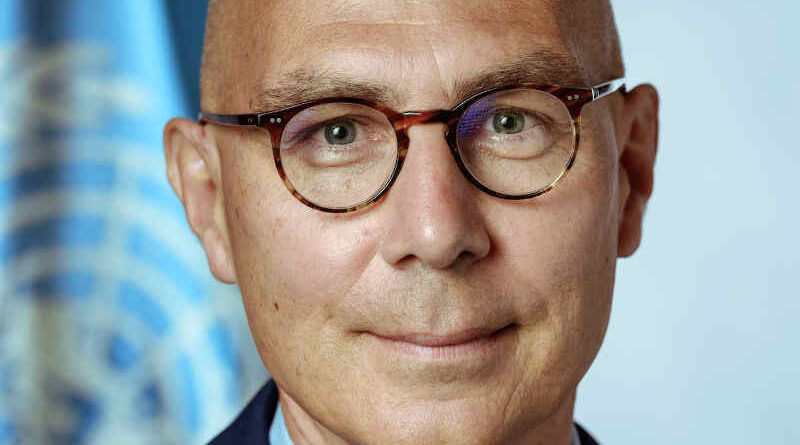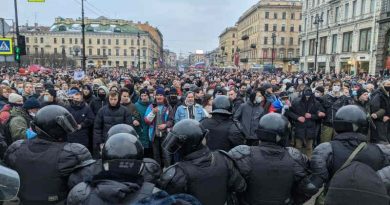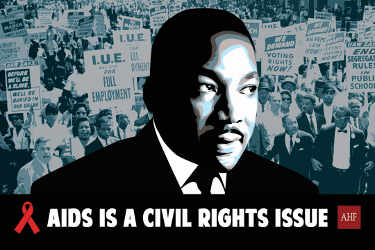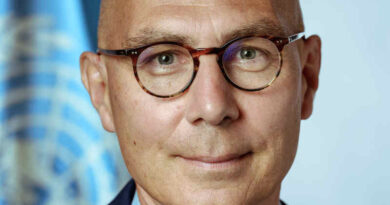UN Report Calls for End to Myanmar Military’s Grip, Maps Path to Democracy
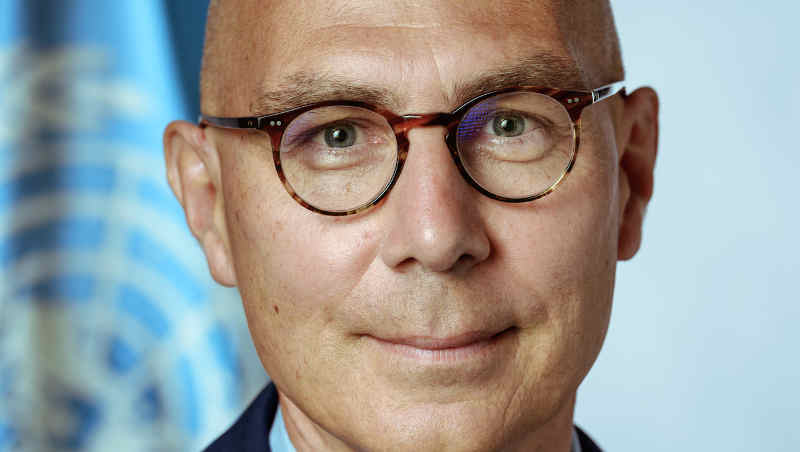
UN Report Calls for End to Myanmar Military’s Grip, Maps Path to Democracy
Freeing all political prisoners, including Aung San Suu Kyi, was consistently indicated as necessary.
By RMN News Service
GENEVA – A new report by the UN Human Rights Office highlights the widespread suffering and abuse in Myanmar but also points to the vast majority of the population’s united defiance of military authoritarianism and violence. The report calls for renewed international resolve to end the military’s stranglehold on power and support the democratic aspirations of the Myanmar people.
According to UN Human Rights Chief Volker Türk, Myanmar has endured an increasingly catastrophic human rights crisis since the military disrupted the country’s democratic path in 2021, marked by unabated violence and atrocities affecting every aspect of life. Consultations with Myanmar people across diverse communities revealed a unified message: they do not want to be ruled by guns and yearn for a peaceful, inclusive, and democratic society.
Due to be presented to the Human Rights Council on July 1, 2025, the report underscores the necessity of tackling the root causes of the crisis. These include unchecked political and economic power concentrated in the military, generalized impunity, instrumentalization of laws and institutions for military interests, and a governance system based on structural racial discrimination, exclusion, and division.
The report identifies four key areas for the path forward: accountability, good governance, sustainable development, and the actions of international and regional stakeholders. It also names women, youth, civil society organisations, grassroots networks, pro-democracy actors, and the media as the “constituents for change”. Voices cited in the report call for the dismantling of military-controlled institutions and economic structures, specifically highlighting the military’s domination and exploitation of the economy and natural resources for their own enrichment.
Concerns were raised regarding the judiciary, which former political prisoners described as instrumentalized and complicit in human rights violations. Judges are viewed as systematically failing to exercise independent authority, leading to convictions based on scant evidence. Lawyers emphasized that the judicial system is entirely subordinated to the military and requires a complete overhaul to regain public trust.
There is also a growing recognition of past human rights violations, including against minority groups like the Rohingya. The report emphasizes the importance of criminal accountability for perpetrators from all sides, according to international standards, as part of broader transitional justice measures. Freeing all political prisoners, including Aung San Suu Kyi, was consistently indicated as necessary.
Despite the challenges, the report noted achievements by communities in establishing local institutions and forms of governance, with many areas building bottom-up democratic structures, often with increased participation from women. Many who have fled their homes indicated their intention to return when safe and contribute to building a just and democratic society. The report suggests providing formal longer-term legal status for these individuals in host countries, particularly for the Rohingya, for whom the necessary conditions for safe return currently do not exist.
Given deepening food insecurity and cuts to aid, the report states it is imperative that support for the Rohingya is maintained and increased. It suggests that ASEAN and other stakeholders should explore options for cross-border assistance. The Myanmar people are calling for a more effective and decisive international approach, including through appropriate targeted sanctions and political engagement with democratic forces and emerging governance structures.
Chief Türk stated the report underscores the importance of planning for a future Myanmar where human rights are front and centre. He described the individuals and groups rallying for an inclusive and democratic future as a “shining example of hope”.
💛 Support Independent Journalism
If you find RMN News useful, please consider supporting us.

